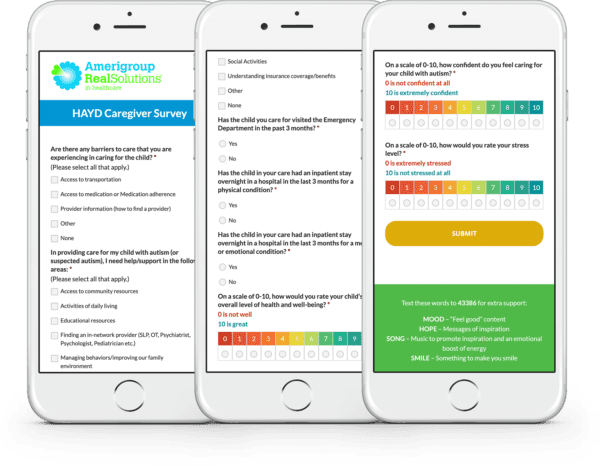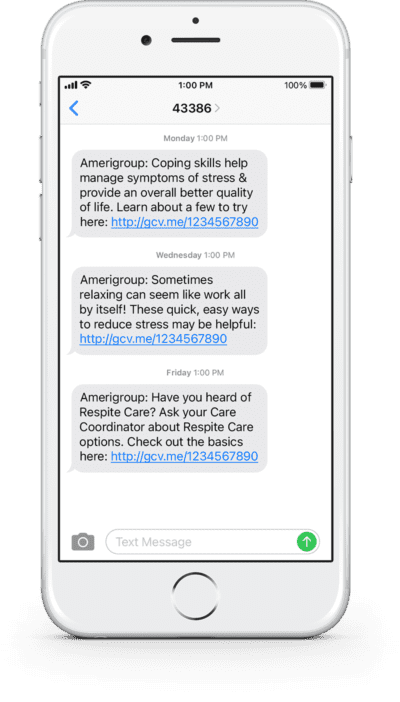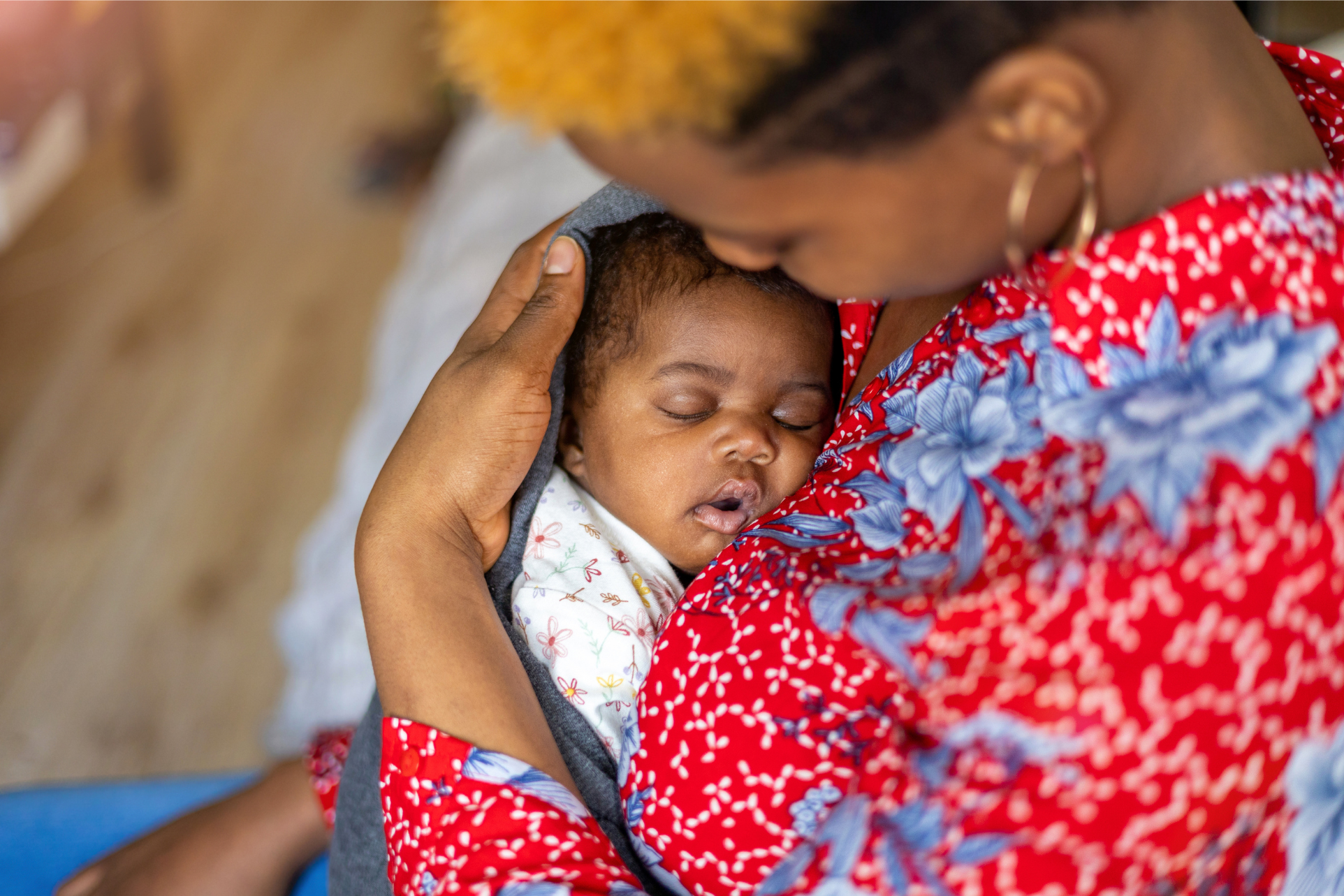Treating the Whole Family to Better Support Caregivers
A personal perspective on the importance of caring for caregivers and how digital therapeutics can provide psychosocial support to caregivers and families navigating an autism diagnosis.
By Rebecca Lyons
When my now 7-year-old son was born, I read an article about how overwhelmed new parents can feel when they receive advice (often conflicting) from every direction. Like any parent, I experienced the information overload that comes with a newborn. The comforting article that I read during this time instructed parents NOT to get advice from experts or want-to-be experts, and instead, ironically, it gave this advice: “Do whatever it takes to be in a good mood.” The author cited research that found that the best parents were simply those who were, more often than not, in a good mood.
This was both a relief and a bit of a burden. A relief, because it was familiar – something I had done prior to becoming a mom, something seemingly attainable. It was a burden because then, with a 3-month-old baby, a good mood was harder to come by than ever before. How can you be in a good mood when you are sleep deprived, not eating as well as you should be, not exercising, worried about balancing it all when you go back to work after a much-too-short maternity leave? The list goes on…
Now, seven years later, even as I sleep through the night (mostly), exercise regularly, and try to balance it all, the barriers to a good mood still seem to mount. Whether it is the lingering effects of intense stress (and probably some PTSD) after a global pandemic, worrying about my son in school , monitoring his eating and hygiene habits, thinking about finances, climate change, etc. The list goes on (and varies by parent) but the point is, it’s hard to be a parent in a post-pandemic world, let alone a parent in a good mood.
Adding in other things that others may be dealing with – parenting without a partner, working two or three jobs, living below the poverty line, the inability to afford healthy food or housing… And then, what about the families whose children have special needs? They have even more to worry about that can prevent that desired “good mood” needed to be the best parent possible.
The Growing Need for Additional Caregiver Support
As we established, parenting is hard enough but parenting in 2022, in the post-pandemic world, is even harder. When you have a child on the autism spectrum, it becomes that much harder, especially at the beginning as you learn to navigate the new diagnosis.
A study published in Clinical Practice and Epidemiology in Mental Health in July 2018 found that parents of children with autism reported a higher level of psychosocial distress and less social support than their counterparts with children with Down syndrome and the more commonly diagnosed, type 1 diabetes. Additional support at the caregiver level is needed to avoid caregiver burnout and allow parents and caregivers to continue to fulfill the role to the best of their abilities.
Leveraging Digital Therapeutics to Provide Caregiver Support in their Moment of Need
My experience as a mother helped me to shape an incredible concierge program that GoMo Health recently co-created and launched with Amerigroup Georgia called The Early Intervention Concierge Program. This mobile engagement program was created to ensure that all members on the autism spectrum are receiving the appropriate support and resources at the earliest point of intervention. In addition to providing education, resources, navigation, and support to caregivers (including birth parents, foster parents, adoptive parents, and other guardians) to help their child with autism, the program has an entire piece focused specifically on the caregiver. The caregiver support track allows for tailored messaging, resources, and education based on each individual’s level of need for psychosocial support.
Upon enrollment in the program, participants (in this case, caregivers of Amerigroup’s members with autism between the ages of 0-18) are asked a series of questions to gauge the types of resource/support needs their children have as well as to assess the amount of support they need in coping with the stress and challenges associated with their role as a caregiver. As an example, we ask, “In the past three months, how often do you feel you’ve been able to enjoy quality time together as a family?” and “On a scale of 0-10, how would you rate your overall stress level?” Participants who indicate that they enjoy family time infrequently or never and/or those who indicate stress levels greater than 5 are automatically contacted by Amerigroup care coordinators using GoMo Chat™ and/or with a phone call directly to the caregiver.
These same questions are asked again quarterly using what we call a “How Are You Doing” (HAYD) survey to continuously check-in and ensure members do not fall through the cracks as overall stress levels and emotional health can change quite frequently. This quarterly check-in also allows us to assess if engagement in the program has an impact on stress levels over time. Our hypothesis is that caregivers with higher stress levels at program onset will experience a reduction in stress throughout their time in the program. From what we are seeing in the initial data, that’s exactly the case!

In addition to triggering contact from Amerigroup care coordinators, responses to these questions allow us to enroll some participants into additional program messaging tracks which provide extra support, education, and resources for those with more significant psychosocial needs and stressors. Below are some examples of the messages that go to those in the additional caregiver stress support track:

Content is pulsed out regularly, but members are also able to text in simple keywords that trigger specific in-the-moment content anytime, anywhere. This allows caregivers to receive support within their lived environment and in their specific moment of need.
- SMILE: A joke, game or reward that will make the participant smile
- MOOD: “Feel good” content
- HOPE: Messages of inspiration
- SONG: Links to songs that inspire, calm and/or provide an emotional boost
Bringing Whole Family Care to Life
It has been inspiring to see an individually tailored program come to life that helps people in the moment that they most need it. The healthcare community has increasingly discussed the importance of “whole person care.” The Amerigroup team who helped build this program went one step further by contributing deep insight and compassion to understand that to best help children with autism, we need to provide better, more holistic care for the entire family. By supporting these caregivers emotionally, the program empowers them to take better care of themselves and in turn, their families.






Find Us Online